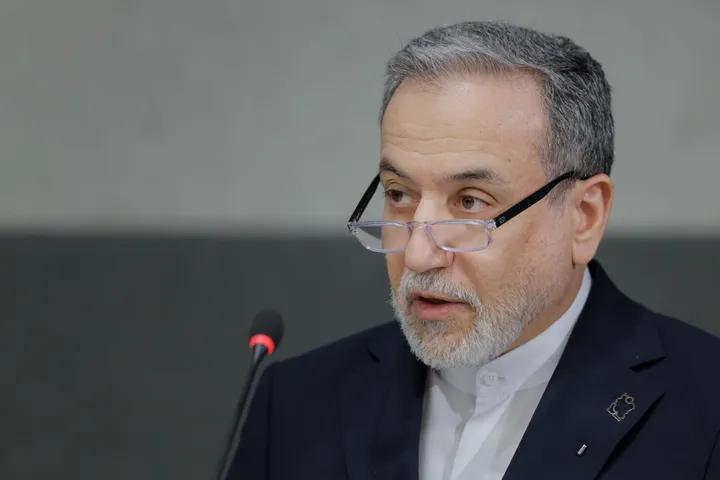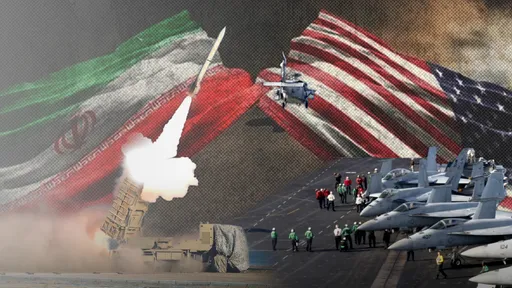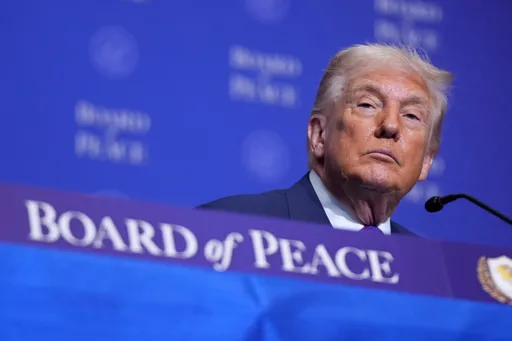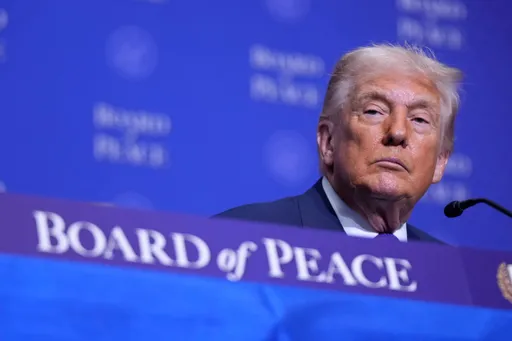The recent declaration in Egypt warning against watching highly popular Turkish historical dramas like Resurrection: Ertugrul on the basis they represent an attempt to 'revive the Ottoman Empire' is the latest misfire in a series of salvos by Turkey's regional rivals to counter Turkish 'soft power'.
The warning came from the Dar al-Iftaa, the body responsible for issuing Islamic legal opinions in the country.
The focus on Ertugrul is particularly notable. There's a perception among regimes opposed to Turkish President Erdogan that these types of historical dramas present what amounts to a ‘threat of contagion’ to their populations, one that could ostensibly undermine the legitimacy of their regimes.
In more ways than one, it's a strange position to hold.This is not to say that there are no effects on what is known as 'soft power'. However, the notion that Turkish-produced historical dramas are somehow intended to pave the way for the return of the Ottoman Empire is a stretch, to say the least.
Nevertheless, the popularity of these series is demonstrative of the appeal of history, Islamic history in particular, to a Muslim populace that often lacks cultural production that goes beyond mere mimicry of more dominant Western forms.
Governments and their allies in Cairo, Abu Dhabi and Riyadh have taken note and have sought to take advantage of this appetite by sponsoring the production of dramas they hope will have a disparaging effect on Turkey’s reputation.
The recent series, Mamlakaat al-Nar(Kingdoms of Fire), produced by Emirati production company Genomedia and broadcast on Saudi’s MBC and Netflix as well as the forthcoming series on the famous 19th century Ottoman Viceroy of Egypt, Mehmet Ali Pasha, could be seen as examples of this pushback.
In the former, Ottoman Sultan Selim I is pitted against Toman Bey, depicted in the series as the defender of Cairo and the last Mamluk hope against an oncoming Ottoman attack. While the latter has yet to go to production, it similarly portrays Mehmet Ali as a defender and liberator against what is portrayed in the show as the Ottoman ‘occupation’ of Egypt.
Reading the present into the past
Historical dramas are not known for their nuanced or systematic approach to history. In fact, the historical drama genre, both what is referred to as historical fiction and those based on actual events, have never really made claims to be engaging in a 'true' telling of history.
This is, of course, not their main purpose. The popularity of series such as 'Ertugrul' is largely based on the fact that they are good at what they are designed to do: entertain.
For others, the fact that they depict Muslims as heroes and uphold what many fans see as good values combined with the aforementioned production value make these series a welcome break from the usual treatment of Muslim subjects coming out of Europe or the United States.
Again, this does not mean that they do not have other important effects, most notably in enhancing the intangible benefits accrued in terms of soft power. Governments in countries such as Egypt's bemoan the fact that Turkey – for several reasons – is seen in a positive light amongst their populations.
Thus, in an arguably misguided effort to counter what they see as unabashed Turkish efforts to influence their populations, they have sponsored or, at the very least, given their tacit approval to productions that effectively redeploy an Arab-nationalist and anti-Ottoman historical narrative that posits the Ottomans as 'foreign occupiers'.
Accomplishing the task, however, requires a problematic and ultimately ahistorical reading of the past based on an interpretative lens developed at a later period in response to the Arab nationalist project that emerged in earnest following the First World War.
The Genomedia series Mamlakaat al-Nar is a case in point. According to the producers, the research for the show was based on the work of the 15th century Mamluk chronicler Ibn Iyas. Through a reading of his most famous work, Bada’i al-zuhur fi waqa’i al-duhur (Flowers in the Chronicles of the Ages), the show’s creators depict the protagonist, Toman Bey, as the defender of Cairo against the ‘foreign’ and ultimately illegitimate Ottoman Sultan.
There are two obvious ironies in this. Firstly, Toman Bey - and the Mamluks in general - were of Turkic origin and, as any good historian of the period understands, they had their own issues with the local Egyptian population, a point picked up on by prominent Qatari businessman Faisal bin Jasim Al Thani who, in a tweet, stated that if you accept that the Ottoman’s were occupiers, then it must be conceded that the Mamluks were as well.
Secondly, Ibn Iyas, the chronicler the show’s producers relied upon, while no fan of the Ottomans, was also notably critical of what he saw as the injustice of the Mamluk Sultans.
Furthermore, his criticisms of the Ottomans under Selim were not based on a sense of their ‘foreignness’, but rather based on his determination that they were not good Muslims, reserving some of his strongest criticism for the Ottoman ‘qanun’ - or Sultantic law - something he saw as violating the Islamic shariah.
While this latter point was disputed among both contemporary and later scholars, it points to the fact that his critique does not align with much later 18th, 19th and early 20th century developments in conceptions of race, ethnicity and nation, three concepts that have fundamentally shaped socio-political understandings in the modern world.
The proposed series centring on Mehmet Ali is even more absurd in this regard. While it is indeed the case that Mehmet Ali Pasha sought to establish Cairo as an alternative to Istanbul as a centre of regional power, to frame his actions as some kind of Egyptian revolt against the Ottoman ‘occupier’ represents a brash deployment of ideologically motivated historiography.
Mehmet Ali was the Ottoman governor of Egypt. His son even led an army in the name of the Ottoman Sultan against the Wahhabi revolt in the Hijaz 1811. Reading a proto-Arab or Egyptian nationalism into his story is not only fundamentally ahistorical but also shrouds the fact that his political horizons were distinctly Ottoman.
From this perspective, both Mamlakaat al-Nar and the proposed series on the last Ottoman Viceroy of Egypt are essentially nothing more than an attempt to impose contemporary political rivalries along with their accompanying modern understandings of race, ethnicity and nation onto a past that does not easily accept them.
As the British Novelist L.P. Hartley once said, "the past is a different country, they do things differently there." Recognising the wisdom inherent in this statement should help us maintain a critical eye towards what are likely to be increasing attempts to deploy ideologically motivated historiographies in the service of revisionist political projects.























